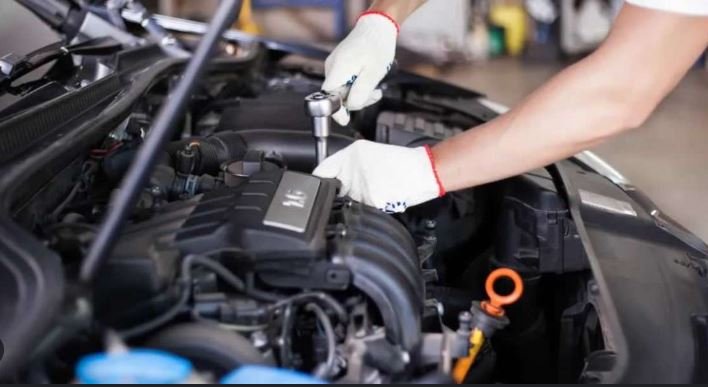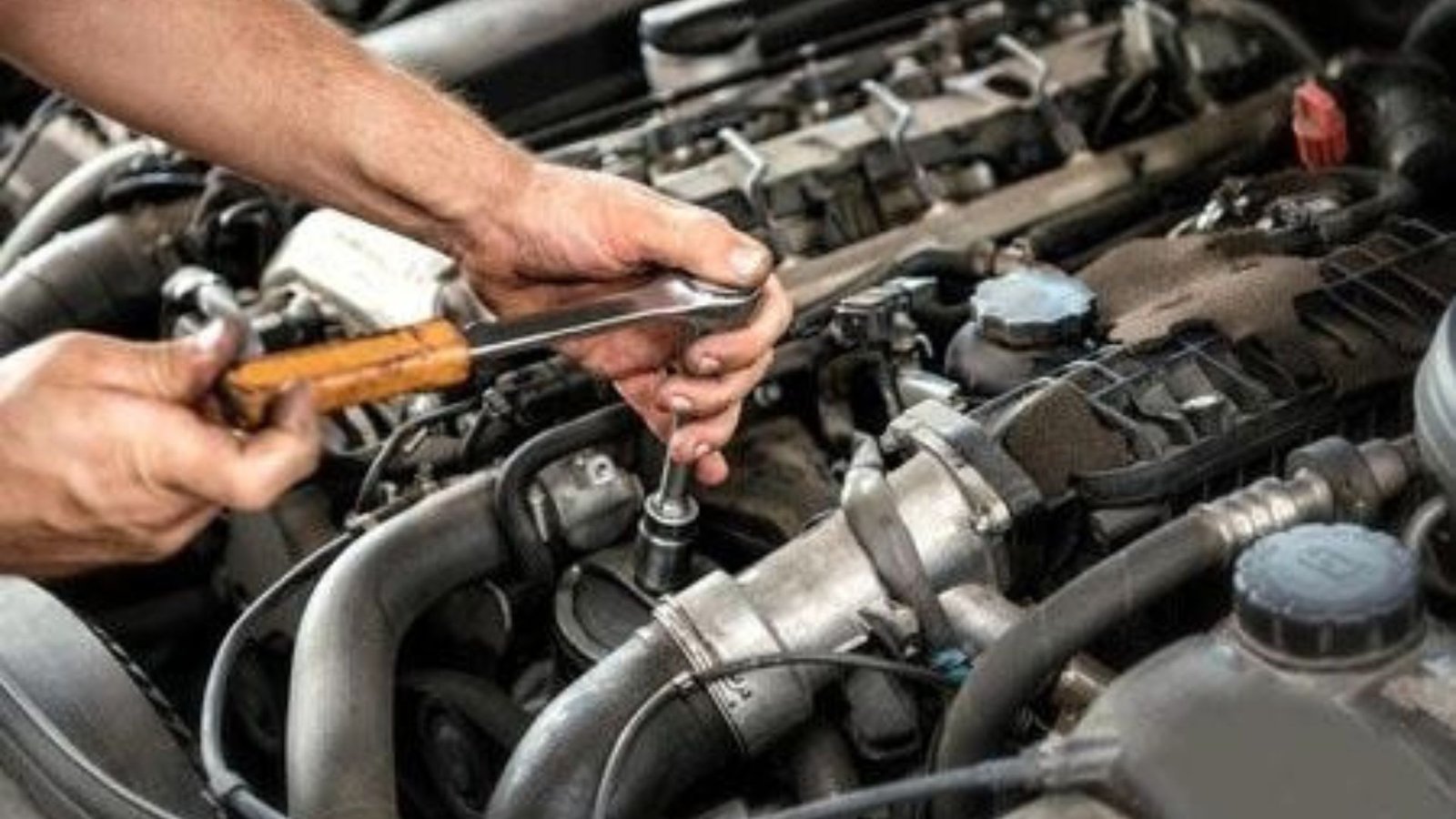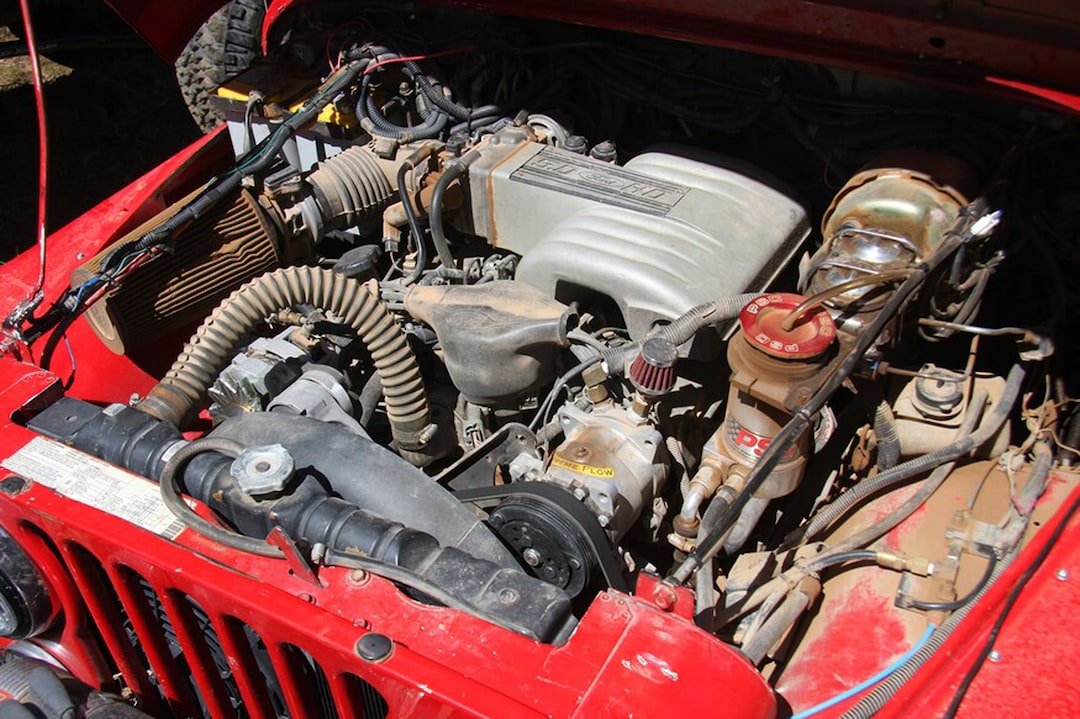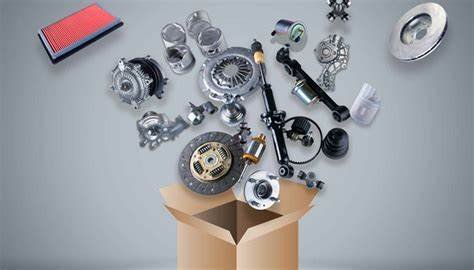Keeping your engine in top condition is essential for ensuring your vehicle’s performance, longevity, and reliability. Regular maintenance can prevent costly repairs and improve fuel efficiency. Here are some effective engine maintenance hacks to help you keep your engine running smoothly.

Regular Oil Changes
Regular oil changes are crucial for engine health. Fresh oil lubricates engine components, reduces friction, and prevents overheating. Check your vehicle’s owner’s manual for recommended oil change intervals and use high-quality oil and filters. Consider switching to synthetic oil for better protection and longer intervals between changes.
Check and Replace Air Filters
Clean air filters are essential for optimal engine performance. They prevent dirt and debris from entering the engine and ensure a steady flow of clean air. Check your air filter regularly and replace it if it appears dirty or clogged. A clean air filter improves fuel efficiency and engine performance.
Monitor Fluid Levels
Keeping track of your vehicle’s fluid levels is vital for preventing engine problems. Regularly check the levels of engine coolant, brake fluid, power steering fluid, and transmission fluid. Top off fluids as needed and address any leaks promptly to avoid damage to engine components.
Inspect and Replace Spark Plugs
Spark plugs ignite the air-fuel mixture in the combustion chamber, making them crucial for engine performance. Worn or fouled spark plugs can cause misfires, reduced power, and poor fuel economy. Inspect your spark plugs regularly and replace them according to the manufacturer’s recommendations.
Maintain the Cooling System
A well-functioning cooling system prevents engine overheating and maintains optimal operating temperatures. Regularly inspect the radiator, hoses, and coolant levels. Flush and replace coolant as recommended by the manufacturer. Ensure the radiator fan and thermostat are working properly to avoid overheating issues.
Keep the Fuel System Clean
A clean fuel system ensures efficient fuel delivery and combustion. Use high-quality fuel and consider adding fuel system cleaners periodically to remove deposits and improve performance. Replace fuel filters according to the manufacturer’s schedule to prevent clogging and maintain proper fuel flow.
Monitor Engine Performance
Pay attention to any changes in engine performance, such as unusual noises, vibrations, or loss of power. These symptoms can indicate underlying issues that require attention. Use diagnostic tools to check for error codes and address any issues promptly to prevent further damage.
Keep the Engine Clean
Regularly cleaning the engine bay helps prevent dirt and grime buildup, which can cause overheating and other issues. Use a gentle engine cleaner and avoid spraying sensitive electrical components. A clean engine bay also makes it easier to spot potential leaks and problems.
Check the Timing Belt
The timing belt synchronizes the engine’s camshaft and crankshaft, ensuring proper valve timing. A worn or damaged timing belt can lead to serious engine damage. Check the timing belt at regular intervals and replace it according to the manufacturer’s recommendations to avoid catastrophic failures.
Use Quality Parts and Fluids
Always use high-quality parts and fluids for your engine maintenance. Genuine or OEM parts and recommended fluids ensure compatibility and reliability. Avoid cheap, off-brand products that may not meet your vehicle’s specifications and could lead to premature wear or damage.
Conclusion
Effective engine maintenance is crucial for keeping your vehicle running smoothly and avoiding costly repairs. By following these engine maintenance hacks, you can ensure your engine remains in top condition, enhance performance, and prolong the life of your vehicle. Regular attention and proactive care are key to maintaining a reliable and efficient engine.




